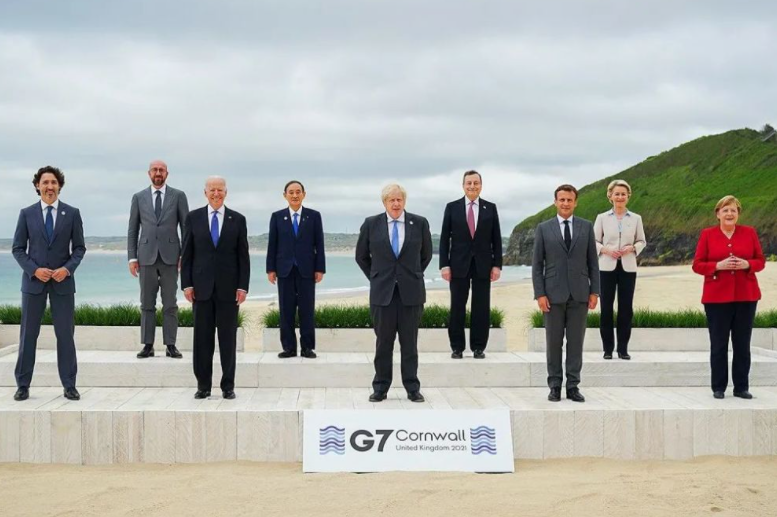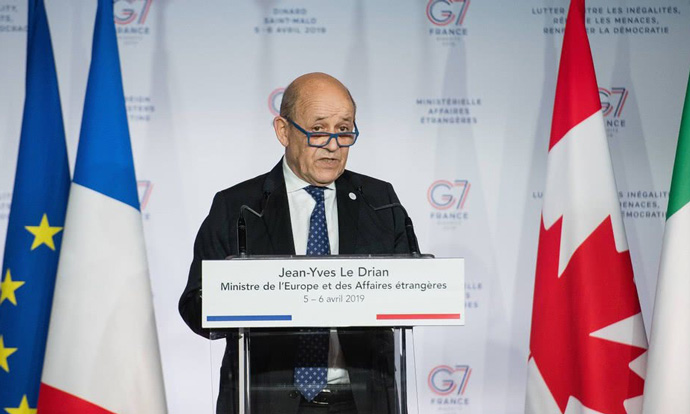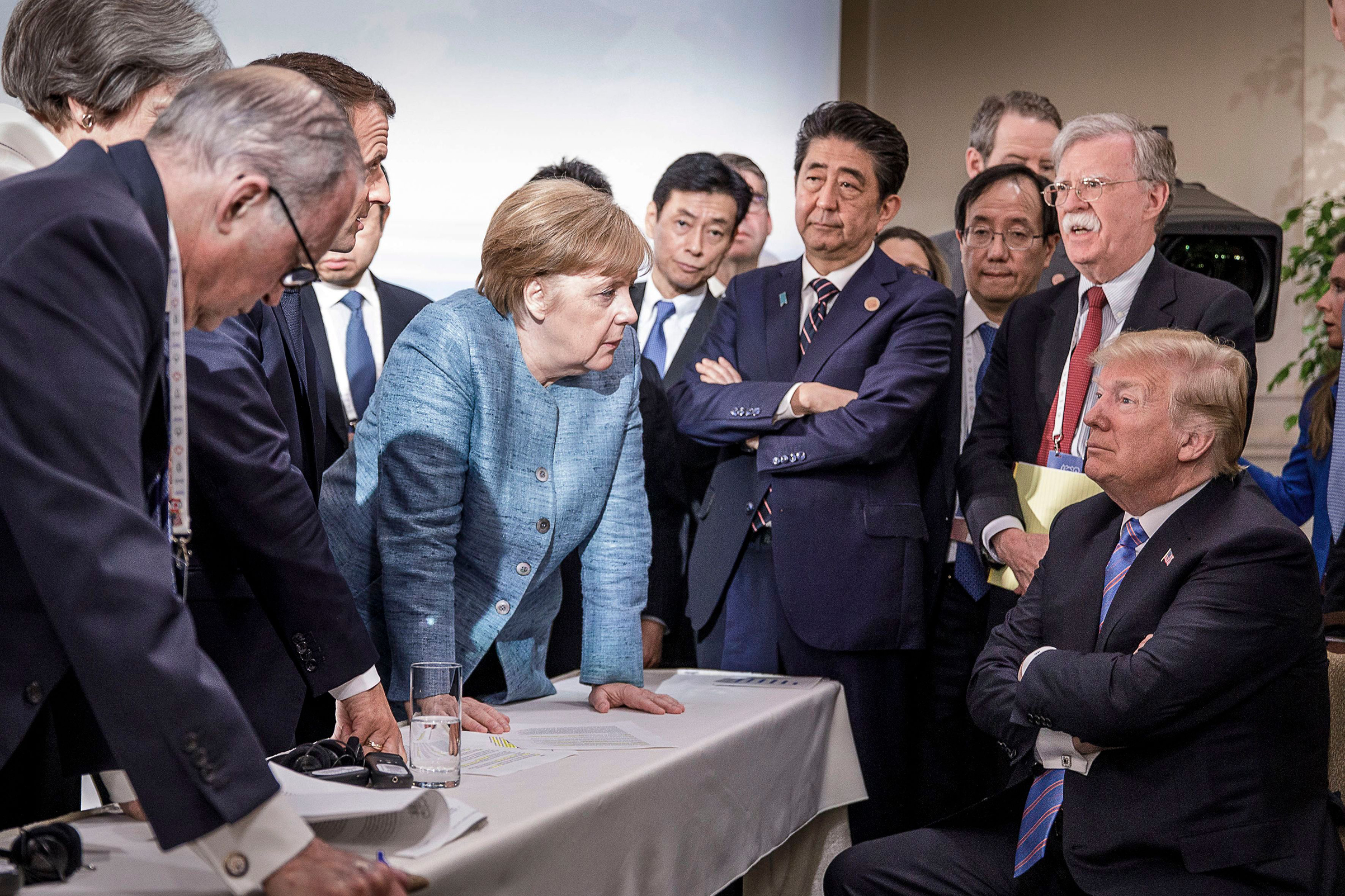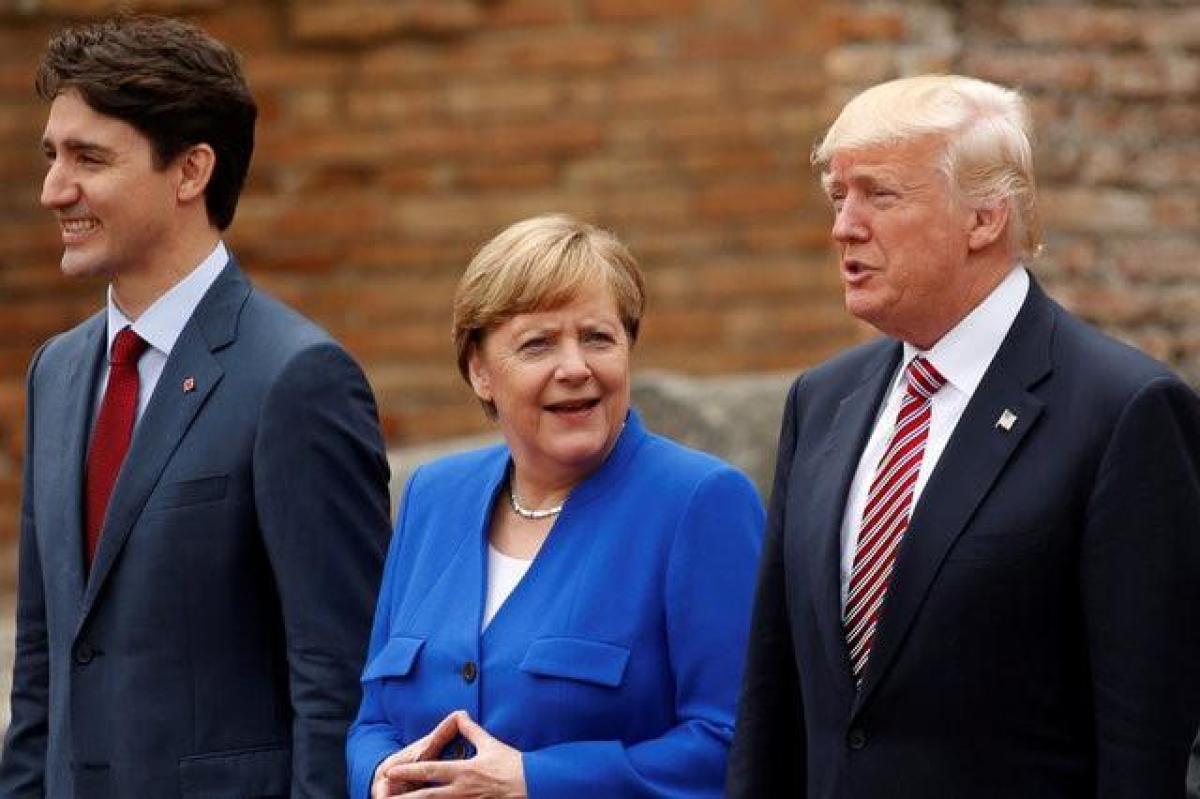Jade Wong, Senior Fellow, Gordon & Leon Institute
Dec 21, 2023
Recent high-level dialogue has set the stage for progress. Yet, the strategies employed by China and Europe show that a transformation of the international order is likely to be a prolonged process.
Zhang Yun, Associate Professor at National Niigata University in Japan, Nonresident Senior Fellow at University of Hong Kong
Apr 04, 2023
Japan, the world’s third-largest economy, wants to unite the global South and hopes to play a bigger role in the international community. Lacking inclusiveness, however, its strategies and tactics may run aground.
Andrew Sheng, Distinguished Fellow at the Asia Global Institute at the University of Hong Kong
Xiao Geng, Director of Institute of Policy and Practice at Shenzhen Finance Institute, Chinese University of Hong Kong
Jun 26, 2021
In their latest communiqué, NATO leaders declared that China presents “systemic challenges to the rules-based international order.” The response from China’s mission to the European Union was clear: “We will not present a ‘systemic challenge’ to anyone, but if someone wants to pose a ‘systemic challenge’ to us, we will not remain indifferent.” Such a tit-for-tat rhetoric is unnecessary, and most of the world’s population probably does not want it to escalate. Yet escalation is becoming more likely every day.

Ted Galen Carpenter, Senior Fellow, Randolph Bourne Institute
Jun 22, 2021
Efforts to placate both the United States and the PRC are proving ever more challenging, as the recent Group of Seven and NATO summits have shown.
Sun Chenghao, Fellow, Center for International Security and Strategy, Tsinghua University
Jun 13, 2020
The notion of persuading countries in an expanded G7 to adhere to the U.S. line for containing China has far too much working against it. The schism between America and Europe is only widening under the unpredictable impulses of the current U.S. president.
Hua Xin, PhD, CASS Graduate School
Jun 05, 2020
Trump’s inclusion of guests of honor looks a lot like an attempt to encircle China. Worries about a “new cold war” between China and the U.S. are not unfounded, as progress is being whittled away.
Feng Zhongping, Director, Institute of European Studies, Chinese Academy of Social Sciences (CASS)
Sep 12, 2019
The G7 Summit, which just concluded at the French seaside resort of Biarritz, showed that Europe and the United States diverge with and even increasingly confront each other on trade issues. Considering its fading influence, the continued value of the G7 has been thrown into doubt, even by European academia.

Wu Zhenglong, Senior Research Fellow, China Foundation for International Studies
Apr 30, 2019
The Trump administration’s “America First” style of unilateralism has alienated even longtime European allies. The leaders of France, Germany, the EU Commission, and China have all pledged themselves to support multilateralism — in a sign of the times, Trump’s America is left out in the cold.

Ben Reynolds, Writer and Foreign Policy Analyst in New York
Jun 15, 2018
After the G7 and SCO summits last weekend, it is tempting to paint a simplistic picture of a Western world unraveling at the seams and an increasingly cohesive alternative order led by powers like China. While there is an element of truth in this narrative, it is important not to overlook the enduring motives for cooperation within the Western bloc and obstacles to cooperation between the SCO powers.

Wu Zhenglong, Senior Research Fellow, China Foundation for International Studies
Jul 03, 2017
Put simply, President Trump thinks that Europe and other allies have profited too much at the US’ expense and that the US should stop being such a sucker. That view will shape trans-Atlantic relations for the duration of this presidency.